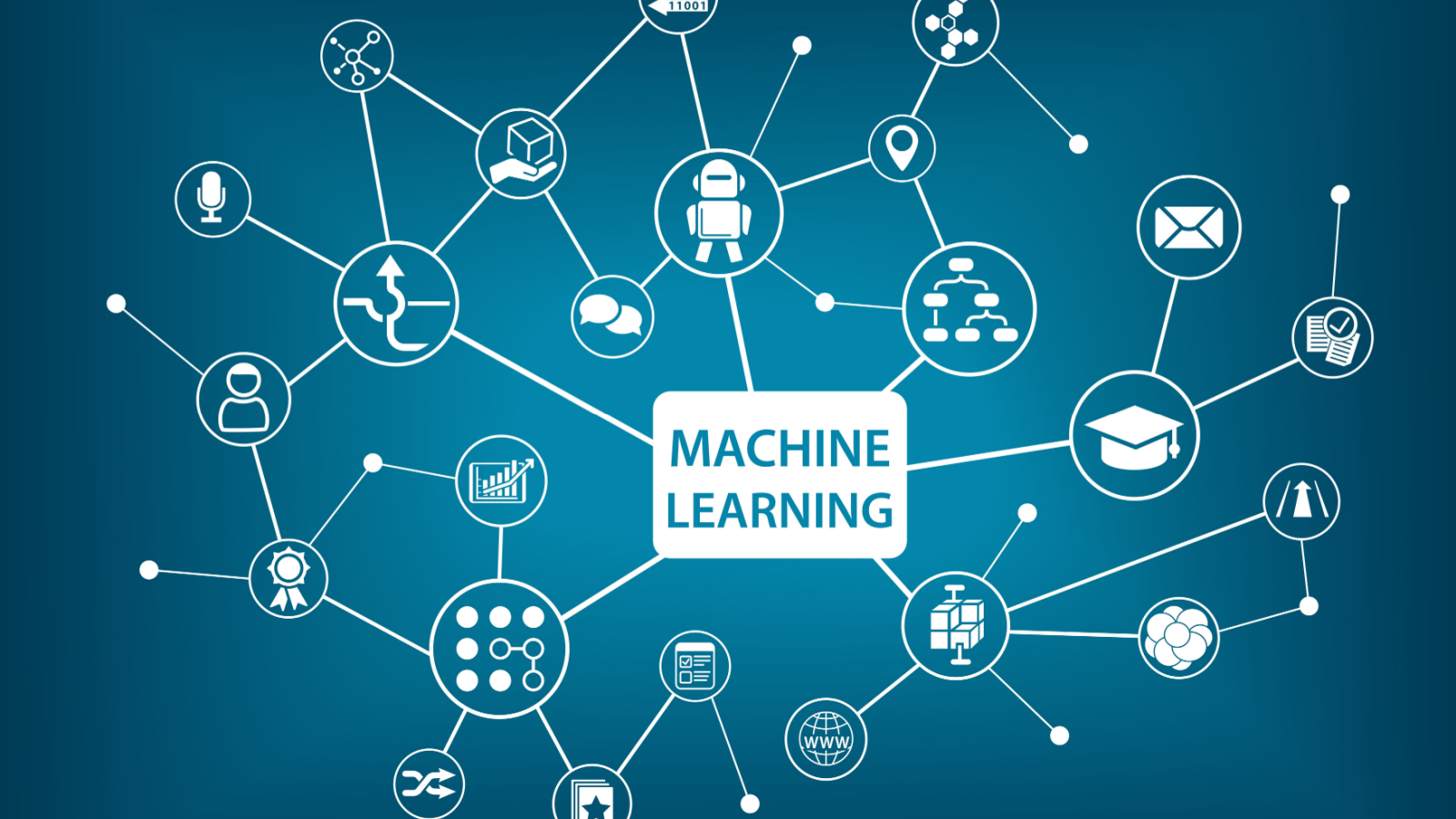Data high quality is the largest problem confronted by machine studying (ML) groups when buying coaching knowledge, in line with a latest survey of greater than 1,300 practitioners within the area.
A 3rd of respondents stated they encounter knowledge high quality issues, adopted by points with assortment, evaluation, storage and versioning, in line with Zeitgeist: AI Readiness Report by Scale AI.
Related: How AI and Machine Learning Are Ready To Change the Game for Data Center OperationsThese issues have to be addressed since they’ve a “vital downstream influence” on ML efforts and groups usually can’t mannequin successfully with out high quality knowledge,” the survey stated.
In the report, ML groups stated they discover it troublesome to type via quantity, knowledge complexity, and shortage. Unstructured knowledge poses a selected problem. Practitioners discover that curating knowledge for its fashions impacts how rapidly they will deploy their ML tasks. Without high-quality knowledge, groups can’t create sturdy fashions.
Variety, quantity and noise
Related: Machine Learning Automation Couldn’t Keep the Suez Canal UnstuckFactors contributing to knowledge high quality embrace selection, quantity and noise.
In the survey, 37% discover it troublesome to search out the information selection they should enhance mannequin efficiency. Those working with unstructured knowledge particularly have the largest problem getting the number of knowledge to enhance mannequin efficiency.
Since most of information in the present day is unstructured, ML groups should have a method round how they handle this knowledge to reinforce knowledge high quality.
ML groups working with unstructured knowledge are extra doubtless than these working with semi-structured or structured knowledge to have too little knowledge.
Most respondents report drawback with their coaching knowledge, with knowledge noise as the most important headache (67%), adopted by knowledge bias (47%) and area gaps (47%). Only 9% didn’t have such points.
The report presents these supplied these 5 ideas for data-centric AI improvement from Andrew Ng, co-founder of Google Brain.
Make labels constant
Use consensus labeling to identify inconsistencies
Clarify labeling directions
Toss out noisy examples (as a result of extra knowledge is just not all the time higher)
Use error evaluation to concentrate on a subset of information to enhance
To learn the remainder of this story, go to our sister web site AI Business.
https://www.datacenterknowledge.com/machine-learning/new-ai-readiness-report-reveals-insights-ml-lifecycle




